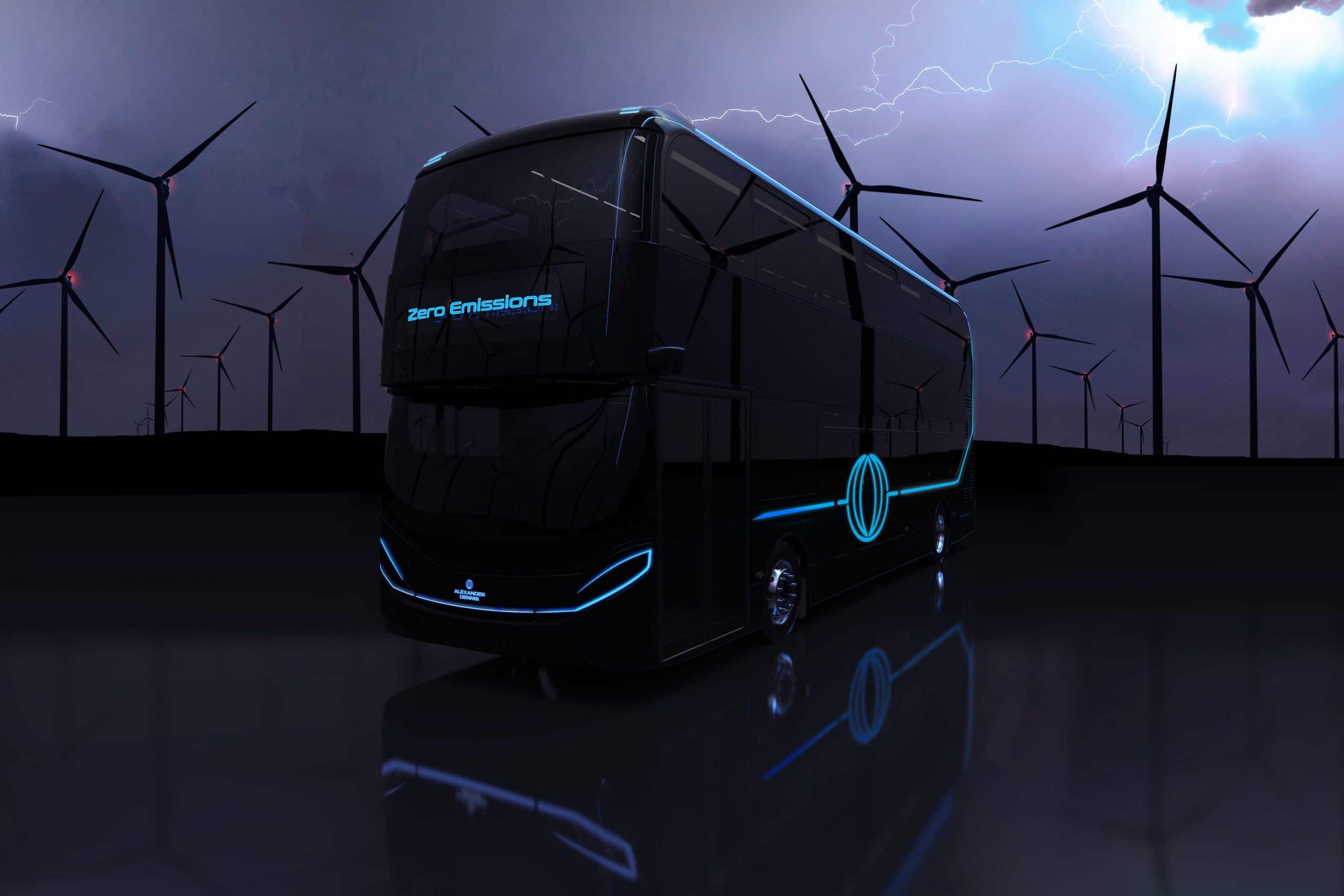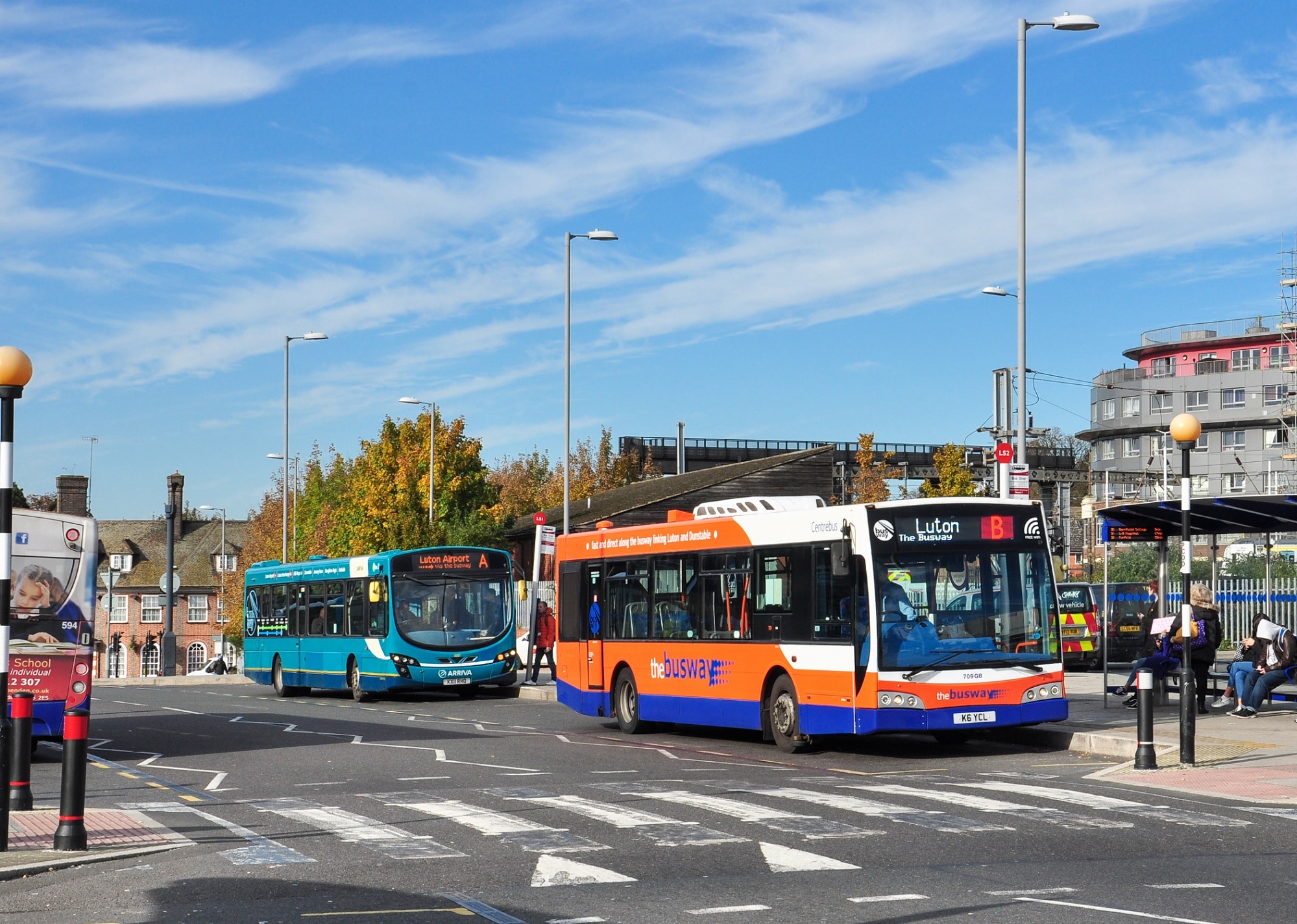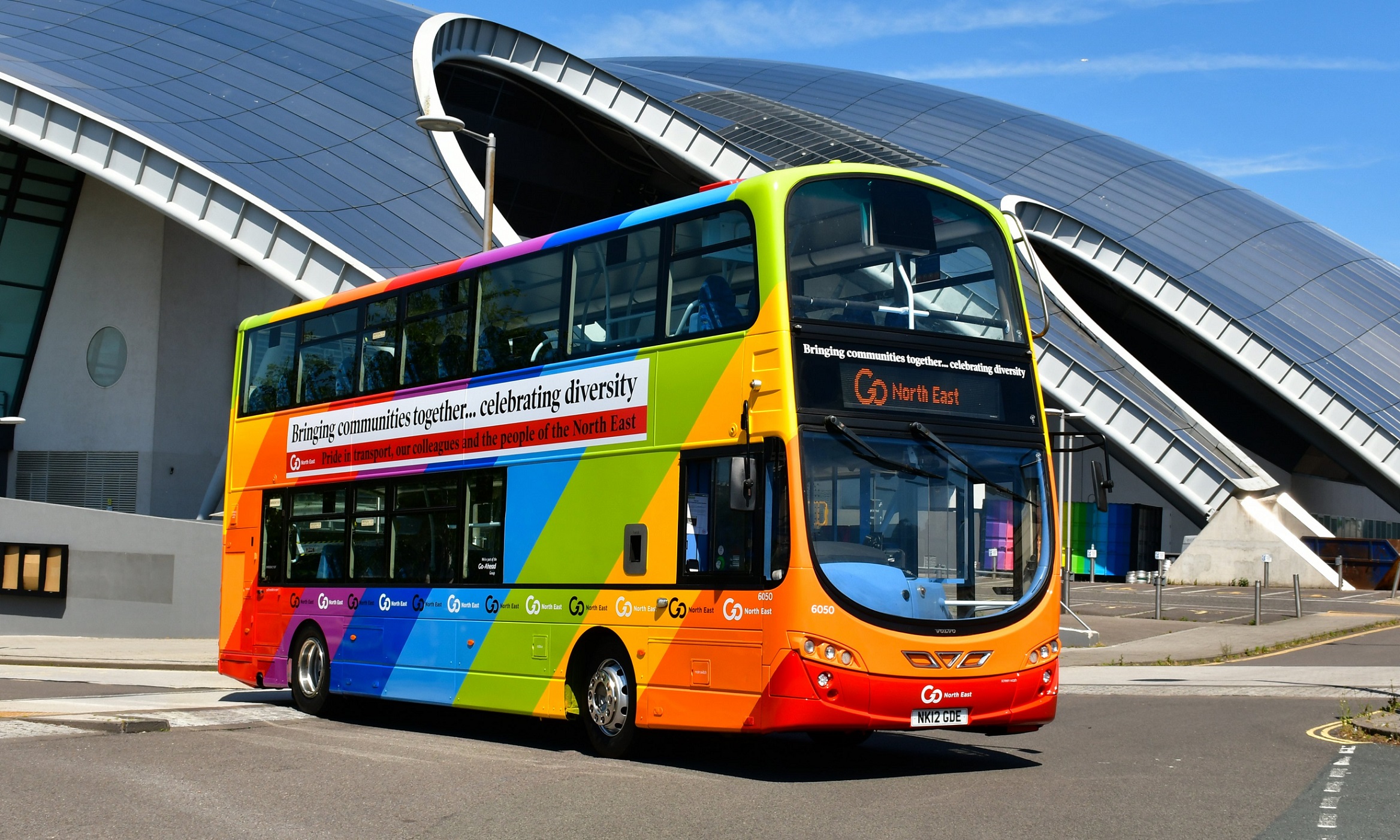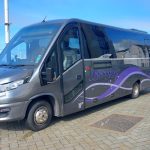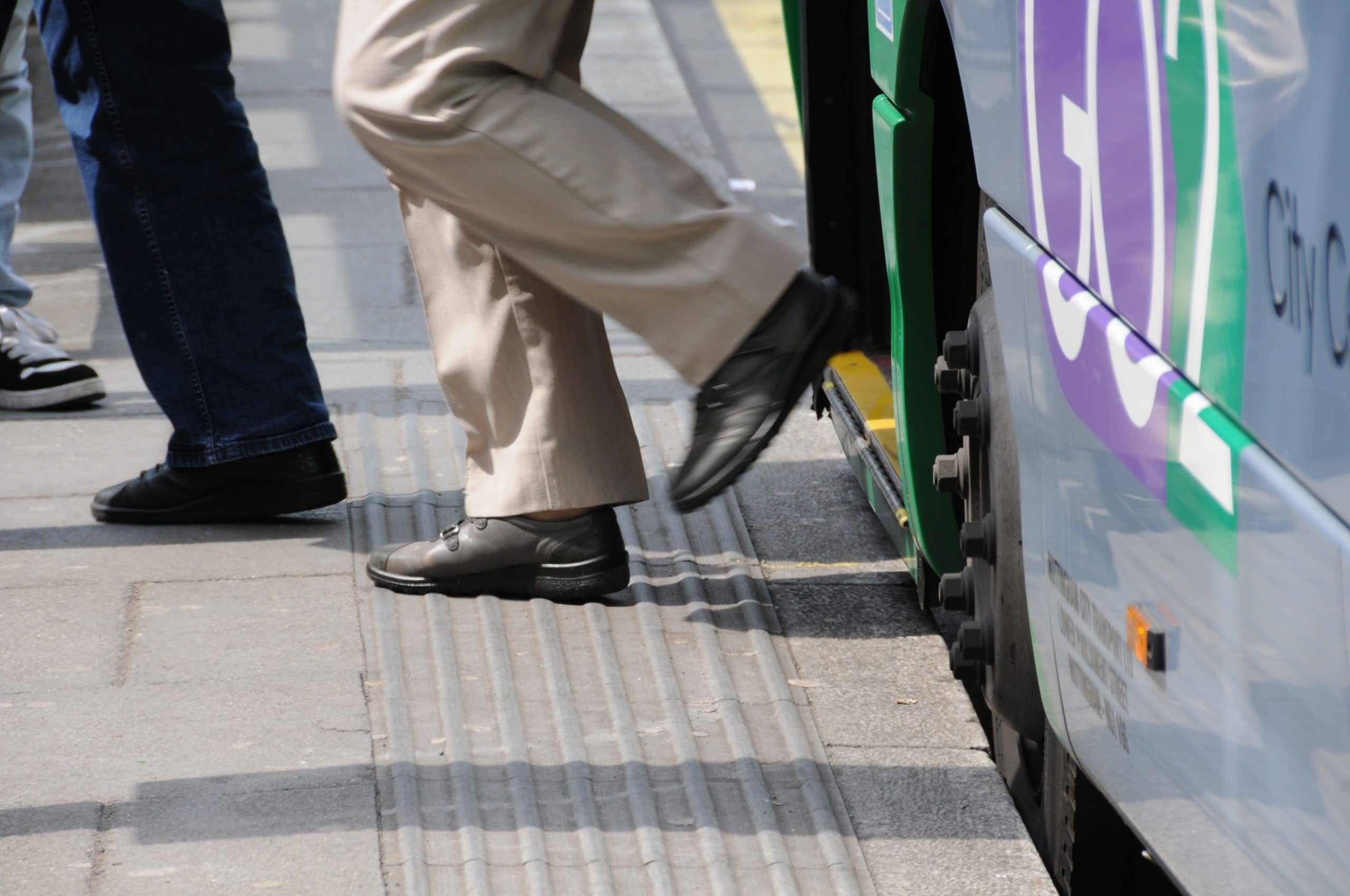Alexander Dennis (ADL) is promising a zero-emission range of “up to 300 miles” for its next generation hydrogen fuel cell-electric integral double-decker bus. It is being developed under the project name H2.0 and is expected to be on the road before the end of 2021.
As ADL’s second-generation hydrogen-fuelled platform, the bus “incorporates learnings from nationwide trials to set new standards for range and efficiency,” the manufacturer says.
H2.0 will utilise a Ballard fuel cell module and a Voith Electrical Drive System (VEDS). VEDS will boost energy regeneration during braking, increasing the bus’s efficiency. Overall consumption is further improved by utilising waste heat from the fuel cells and the driveline to heat the saloons.
ADL President and Managing Director Paul Davies describes the H2.0 hydrogen bus project as “a milestone for zero-emission technology.” He adds that it will give “unrivalled efficiency and a class-leading range,” making it ideal for high-mileage routes “that battery technology does not cover.”
Although ADL has not revealed full details of the double-decker, it says that the fuel cell module will be specified to “just the right output” to deliver a low total cost of ownership. It adds that vehicle components are “intelligently packaged” to balance weight and to maximise saloon space.
Adds Mr Davies: “Designed and built in Britain, our next-generation hydrogen bus will retain investment in our economy and boost skills in clean vehicle technology, a crucial sector for future development as the UK targets net zero by 2050.”
ADL is the second UK manufacturer to confirm the use of VEDS in its zero-emission product range. Wrightbus is to utilise the driveline in its second-generation battery-electric and hydrogen fuel cell-electric models for Europe, beginning with the delivery of a batch of 80 battery-electric double-deckers to Northern Irish operator Translink that will commence in August.




